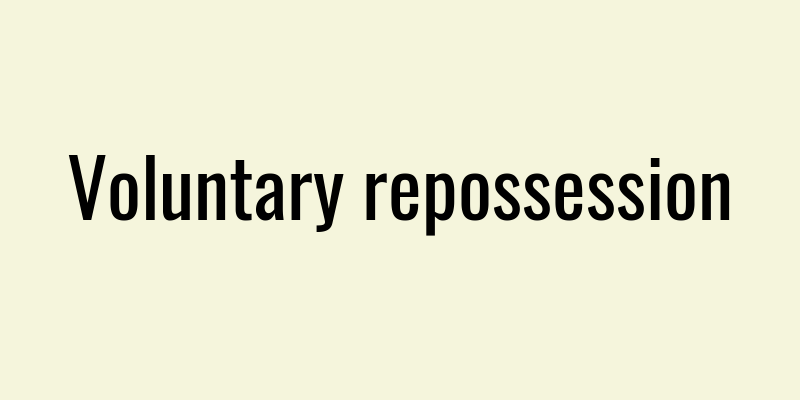
Pros and Cons of Voluntary Repossession
Is Voluntary Repossession the Right Choice for You?
Voluntary repossession is a difficult decision that many individuals facing financial hardship may have to consider. It involves returning a purchased item, such as a car or a house, to the lender to settle outstanding debt. Before deciding to go through voluntary repossession, it's crucial to understand the potential benefits and drawbacks. In this article, we will discuss the advantages and disadvantages of voluntary repossession to help you make an informed choice.
Understanding the implications of voluntary repossession can make a significant difference in how debtors manage their financial challenges. It's essential to weigh the pros and cons carefully before proceeding with this option.
Pros
Voluntary repossession, despite its negative connotations, can offer some potential advantages in certain situations. From the perspective of someone struggling with debt, this decision might provide some relief and benefits worth considering.
Missing a pro?
Cons
Despite the potential advantages of voluntary repossession, it's essential to acknowledge the disadvantages and implications that come with this decision. Understanding the downsides can help individuals assess the full scope of the potential consequences.
Missing a con?
Conclusion
Deciding on voluntary repossession is a complex and weighty choice that requires careful consideration of its advantages and disadvantages. Individuals facing this decision should seek financial counseling and explore all available options before determining if voluntary repossession is the right course of action. Being well-informed about the potential outcomes can help mitigate the negative consequences and pave the way for a more stable financial future.
What do you think?
Do you think the pros outweigh the cons?







